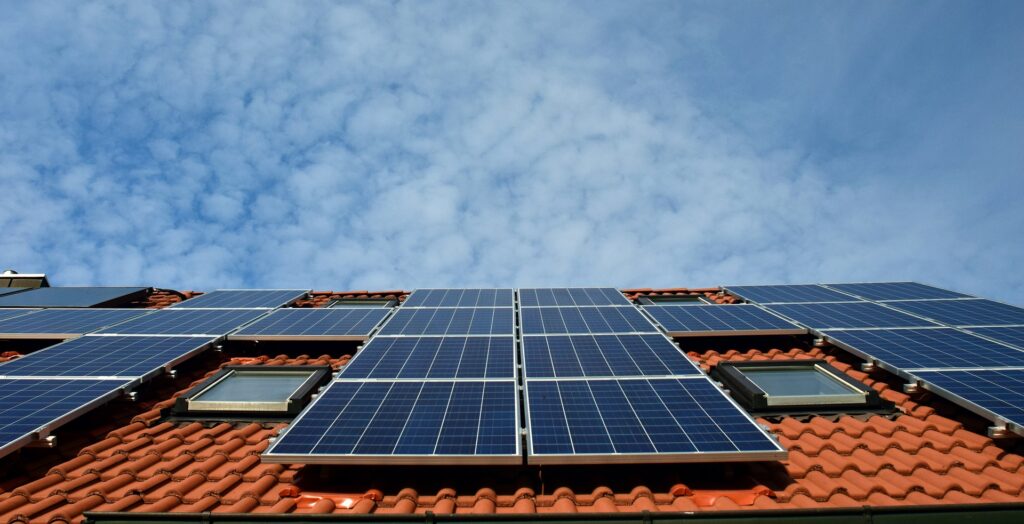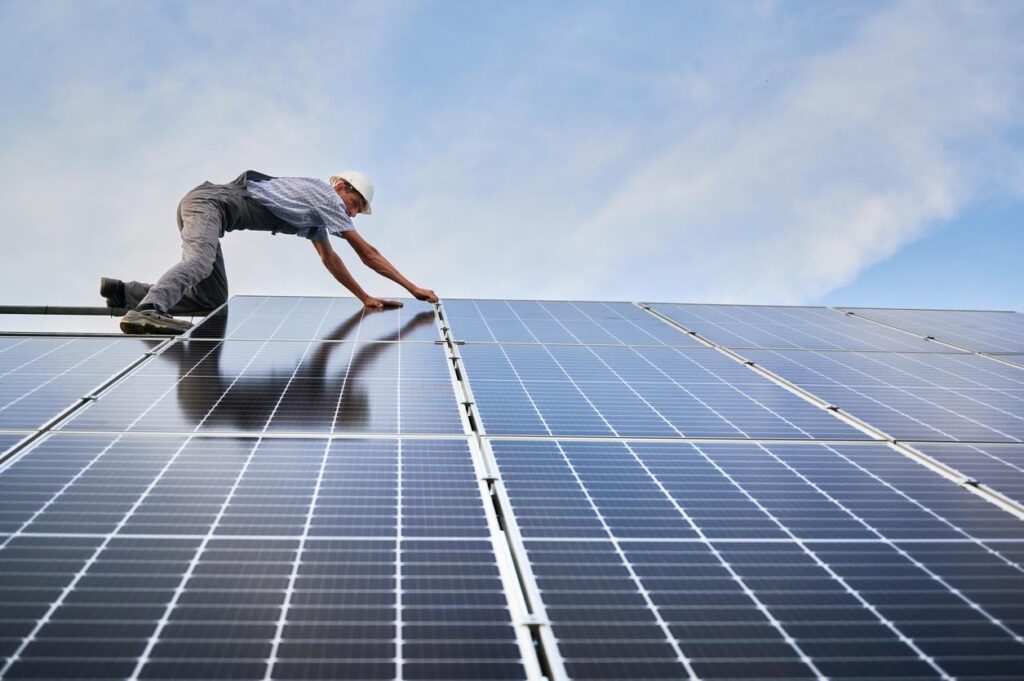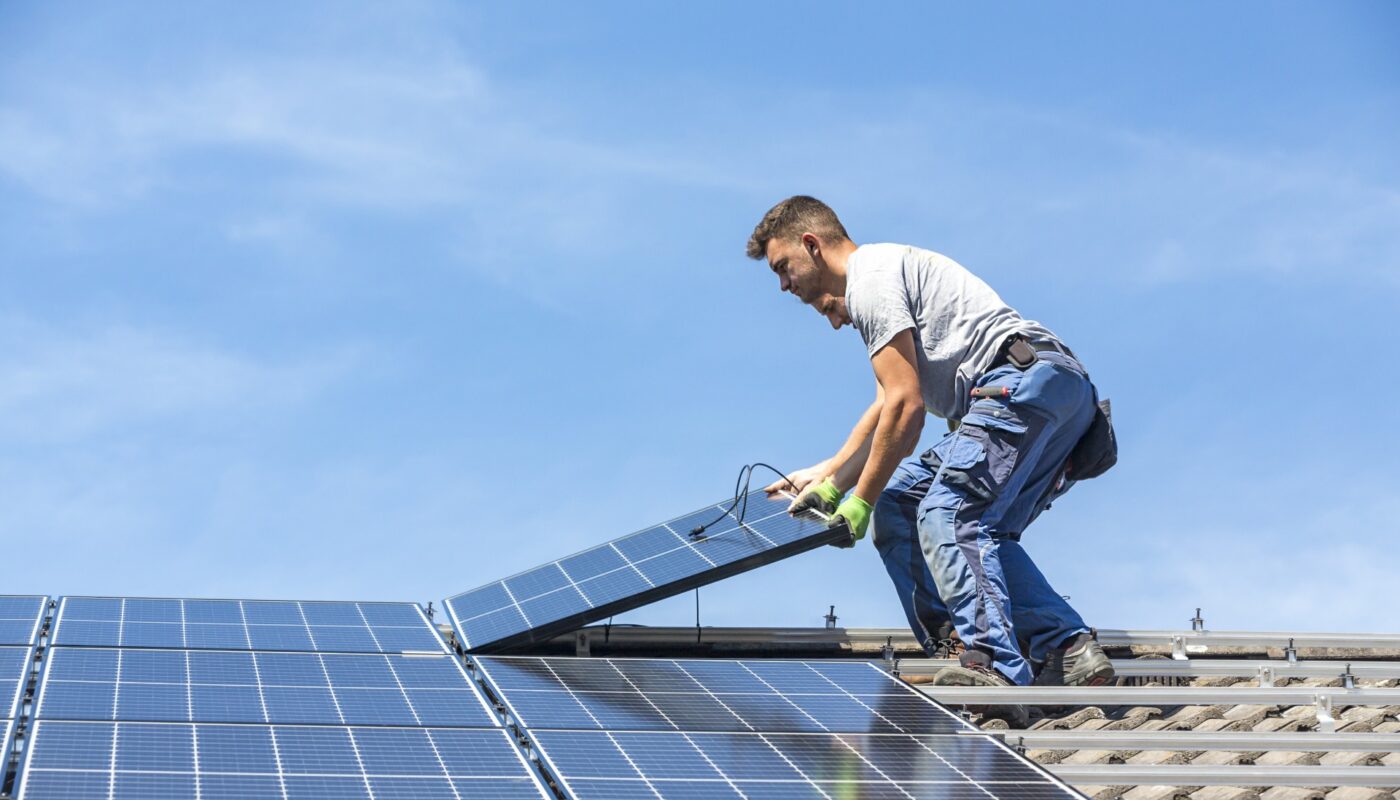Installing solar panels on your home can provide tremendous benefits, from lower electricity bills to a smaller carbon footprint. But deciding whether to tackle a DIY solar installation or hire professionals is an important consideration with pros and cons to each approach.
Page Contents
The Costs: Do DIY Kits Provide Real Savings?
One of the biggest factors in choosing between DIY and pro installers is the cost. Complete solar panel kits targeted at DIY enthusiasts boast major savings compared to hiring an installation company. A basic 3 kW system ranges from $5,000-$8,000 for all the hardware when you provide the labor yourself. That seems like a steal compared to paying $15,000-$25,000 or more for the same system installed by professionals.
You also avoid all labor charges when you opt for a DIY solar kit. Professional installation requires paying skilled electricians and roofers for their time, which can account for up to half of the total project cost. Unless you thoroughly enjoy home improvement projects, your time also has value, so keep that in mind.
Hiring experts allows you to hand over the entire solar panel project while you are working or relaxing with family. Professional installation also provides assurance that the job will be done efficiently and correctly the first time, without delays or having to re-do incorrect work. Experienced companies have optimized processes for each step, while DIYers often struggle through with a trial and error approach.
You will need to factor in permitting fees on top of basic installation costs for both DIY and pro installs. Many homeowners encounter hidden costs if structural upgrades are needed to safely support solar panels on the roof. Professionals will include any costs for roof reinforcements or electrical work in their quotes upfront. But DIYers may be surprised by these types of expensive add-ons mid-project.
Optimizing Performance and Efficiency

Optimal solar installation is not simply a matter of slapping panels on the roof and calling it a day. Careful planning and precision positioning is needed to maximize efficiency and solar energy generation. According to the good folk over at Vivint Solar, DIY kits provide simplified instructions but cannot match the specialized expertise of solar professionals who work on these projects daily.
Without experience determining proper panel angles and spacing for specific homes, a DIY solar system may severely underperform expectations. Flaws like shading between panels or improper wiring can further diminish energy output. Tilting panels at the wrong angle to the sun results in dramatic efficiency losses.
Pro installers use 3D modeling software to map out panel placement tailored to your roof’s unique shape and directional exposure. They are meticulous about proper spacing and angle adjustments to avoid shadows and reflections between panels. Professional wiring and connections ensure optimal energy transmission from the solar panels down to your home’s electrical system.
Ensuring Safety During and After Installation
Safety is another crucial consideration favoring professional installation. Solar panels involve working at dangerous heights, risk of electrocution from improper wiring, and other hazards. Professional installers undergo thorough training on safety protocols designed to protect both workers and homeowners. DIYers often overlook important safety steps when trying to save a few bucks.
Once the system is operational, only professional installers have the electrical training and certification to ensure your home’s circuits can handle the power influx from solar panels. Grid-connected solar energy systems require expertise to integrate safely with your existing electrical system. Poor wiring by DIYers can put your family and home at risk even after the work is done.
Streamlining Local Permitting, Inspections and Certifications

Navigating municipal permitting, inspections and solar certifications presents another obstacle for DIY installers. The paperwork and bureaucratic process can prove daunting for those unfamiliar with the many required procedures. Without passing all the inspections by local officials, you may never get final clearance to operate your DIY solar electric system.
Reputable professional installers handle all permitting paperwork as part of their standard service package. They pull the needed permits and can schedule onsite inspections by officials at each stage to get your system fully approved. Their past experience streamlines the permitting and inspection process that often confuses new DIY solar enthusiasts.
Most importantly, pro installers ensure your solar panels and electrical setup meet all legal standards and building codes before completion. You can flip the switch with confidence, knowing your system was thoroughly inspected. Solar professionals also take care of rebate applications and complex paperwork for renewable energy credits, net metering agreements and any financial incentive programs available in your area.
Equipment and Workmanship Warranties
Both equipment warranties and workmanship guarantees provide important protection in the event issues arise with your solar panels or original installation. When you buy DIY solar kits, the equipment warranties only cover the products themselves for a certain number of years. But if problems occur later due to flaws in your original DIY installation work, you bear the cost of repairs.
Professional installers offer workmanship warranties that protect against defects in materials or performance for typically 5-10 years or longer. So if something was not sealed properly or wired incorrectly causing problems down the road, they cover repairs under their original warranty.
Ongoing Monitoring and Maintenance

Ongoing maintenance is required for any solar energy system, to keep panels clear of debris and check electrical components periodically. But specialized monitoring to identify problems quickly is often overlooked by DIYers. Reputable professionals include monitoring service and periodic maintenance visits in their original contract to keep your system performing optimally for its entire usable lifespan.
Conclusion
For most homeowners, paying extra for a professional solar installation is worth it for reduced hassle, better performance, safety assurances and ongoing service. But for the determined DIYer, lower cost DIY solar remains an option. Careful planning, research, and commitment to learning proper techniques can lead to an effective system. Just be sure to understand all local requirements and have realistic expectations about the effort and expertise required when going the DIY route.






